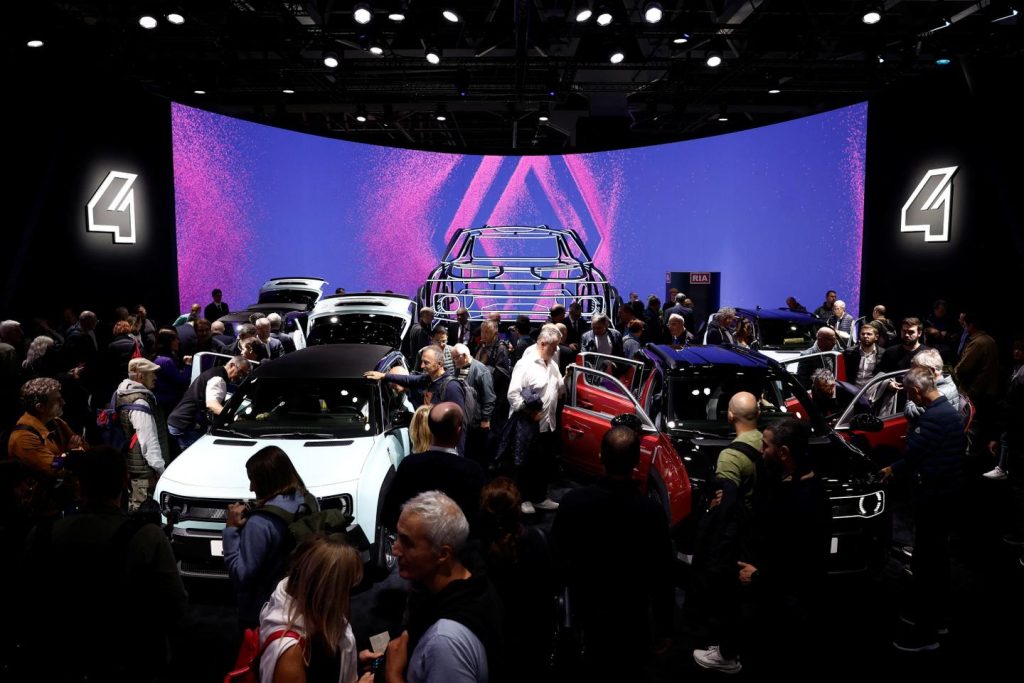The automotive lobby has successfully convinced the French government to use its influence with the European Commission to relax the rules on reducing vehicle CO2 emissions. The economy minister announced in Les Echos on November 4th that he would ask Brussels not to apply the penalties for non-compliance with the new standards set to take effect in 2025. The tightening of the CAFE (Corporate Average Fuel Economy) standard aims to reduce the average level of CO2 emissions per kilometer per vehicle sold by 15% compared to 2021. Automakers failing to meet this target could face fines amounting to billions of euros.
Automakers argue that the outlook for the electric vehicle (EV) market has changed since the regulatory framework was established. After a sharp increase, EV sales have slowed in recent months. This slowdown could force brands like Volkswagen (VW) or Renault to abandon the sale of internal combustion engine vehicles to lower their average, at the expense of profitability and jobs. The French stance to grant a reprieve to the industry could be crucial, as Germany, Italy, and several Eastern European countries have already expressed concerns to Brussels about implementing these sanctions.
Manufacturers are calling on the Commission to show pragmatism as the sector enters a difficult phase. VW is preparing to close three plants and cut tens of thousands of jobs, while many industry players have lowered their profitability expectations. However, the reality of the sector is far from uniform. Some, like Stellantis (Peugeot, Citroën, Fiat, Opel) or BMW, will have no trouble complying with the CAFE standard, demonstrating that the regulation was tailored to manufacturers’ ability to reduce their CO2 emissions, provided they make the necessary efforts.
Some manufacturers have chosen to sell more high-margin large vehicles rather than develop a range of smaller, more affordable models that comply with Brussels’ requirements. For example, Renault is entering this market late with its R5 electric model priced at 34,000 euros. In these conditions, it is challenging to attract enough customers to EVs to meet the new standards. While the French government claims it does not intend to challenge the decarbonization trajectory and the 2035 deadline for the end of the internal combustion engine, its request to relax the CAFE regulations goes against its national low-carbon strategy.
France also risks opening a Pandora’s box at the European level, especially as the political landscape is less favorable to the continuation of the implementation of the Green Deal. Some in the European People’s Party are willing to ally with the far-right to unravel the most stringent laws. However, the energy transition is at a critical juncture, and Brussels must avoid encouraging a trend that could dilute the Green Deal and significantly delay decarbonization. Consistency and commitment are essential to achieving the goal of reducing emissions by 31% in transport by 2030 through increased EV sales, representing two out of three sales.















